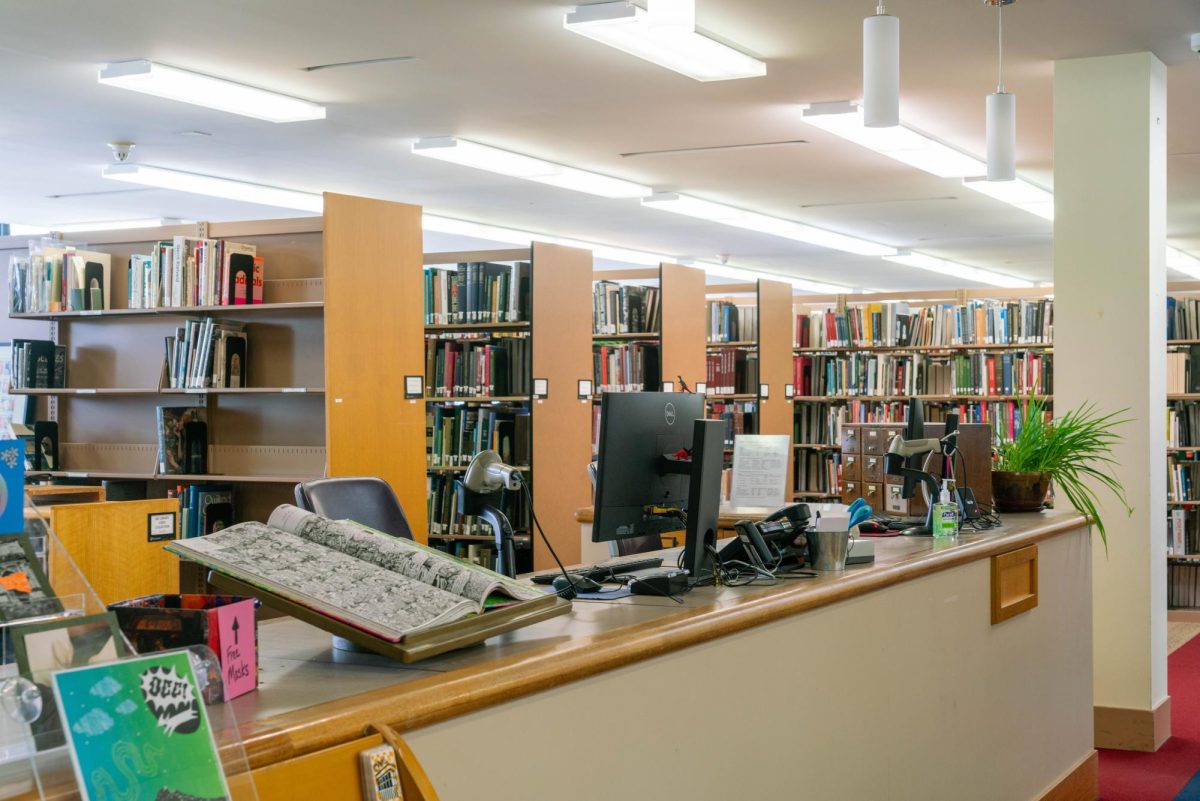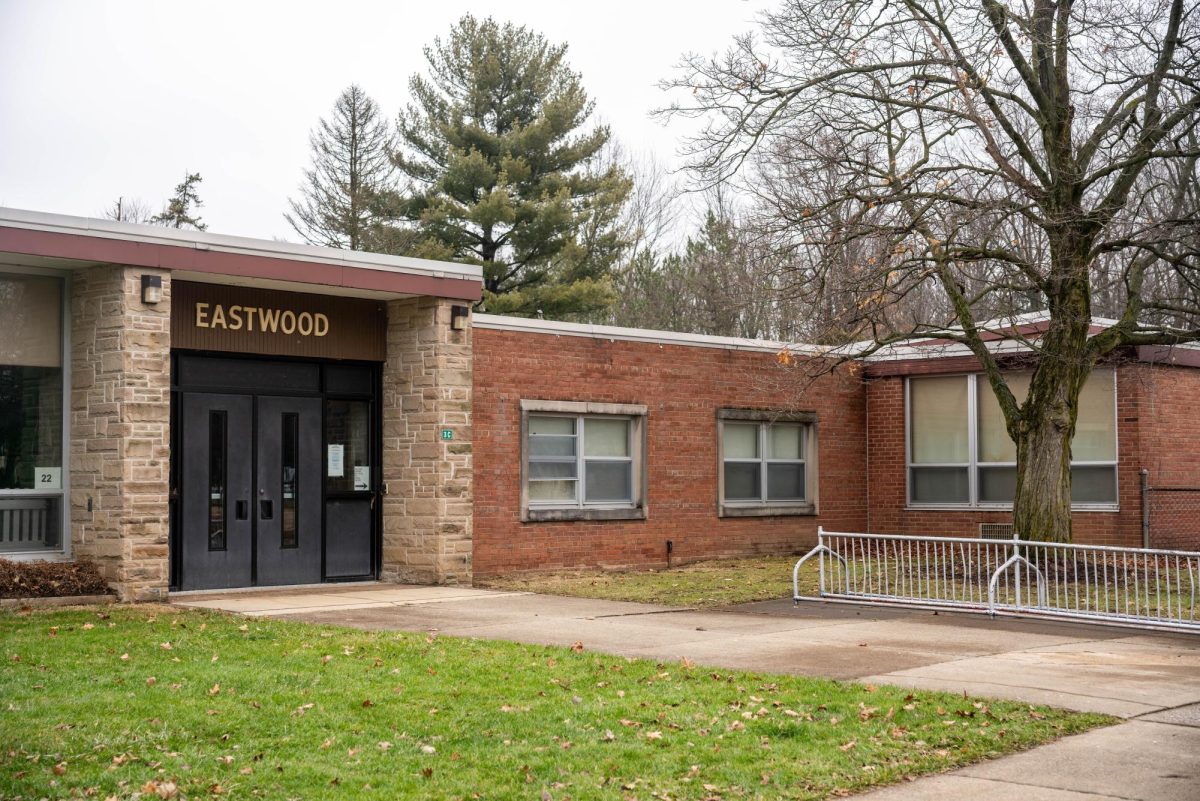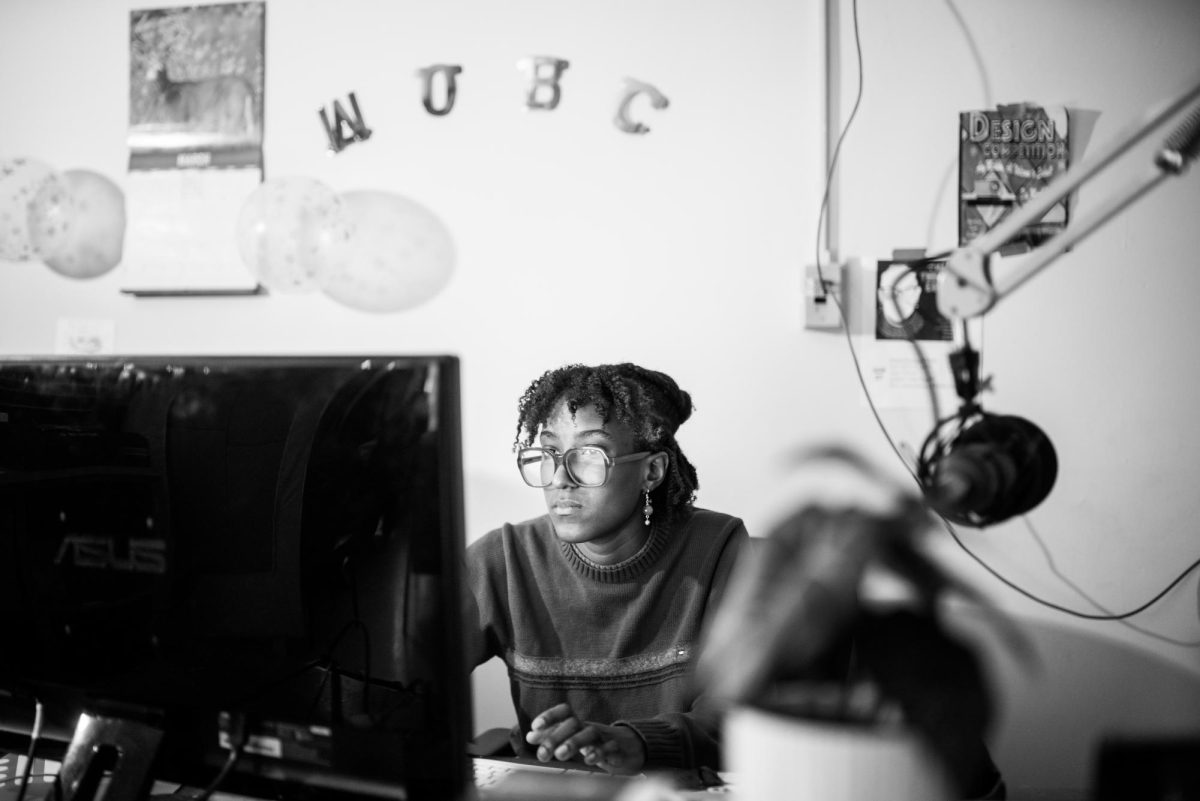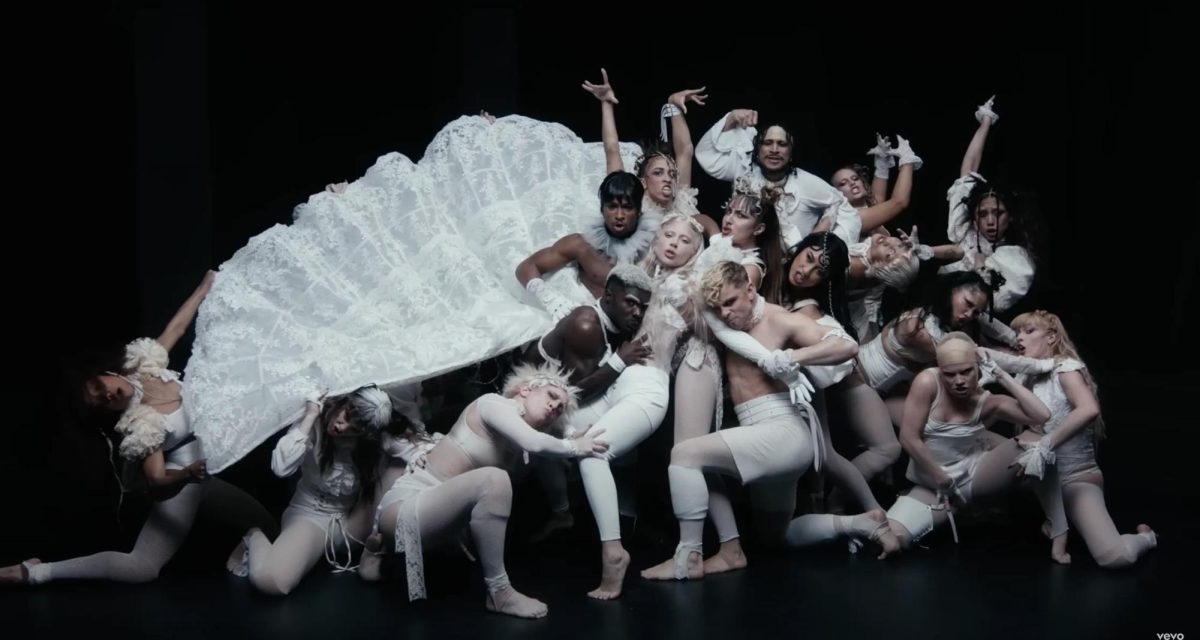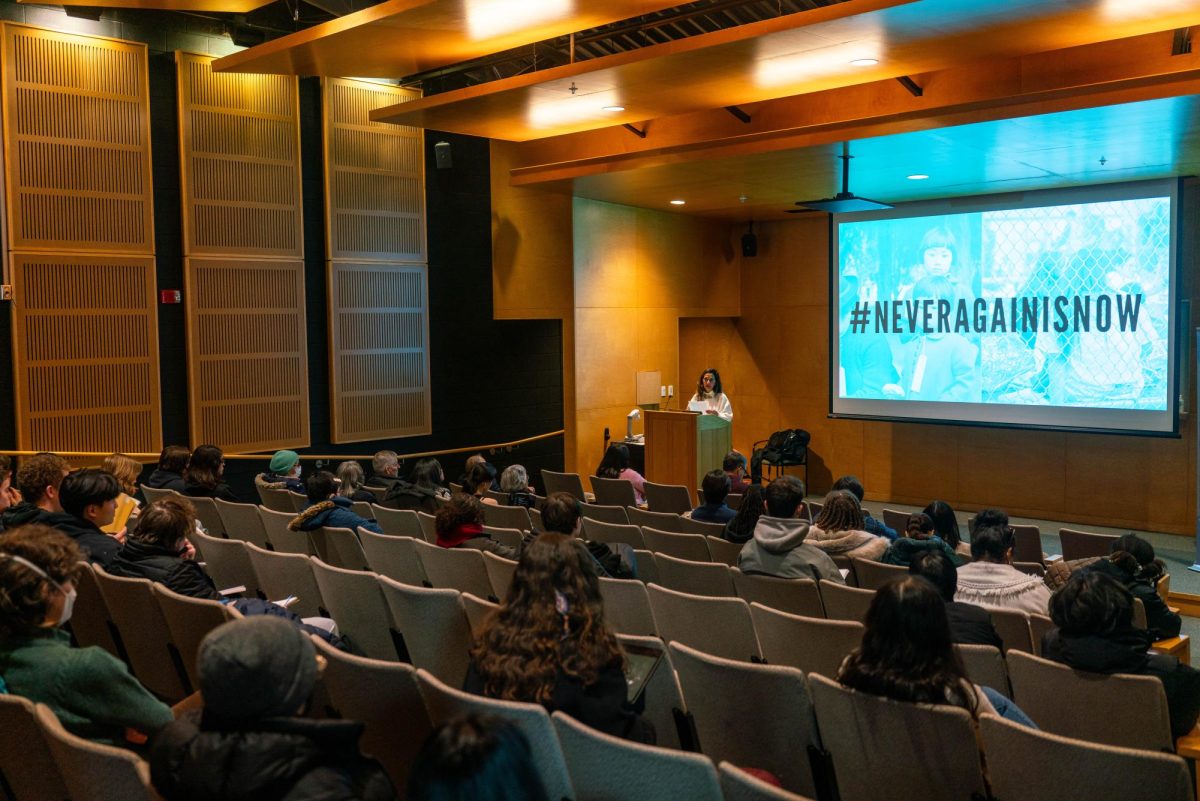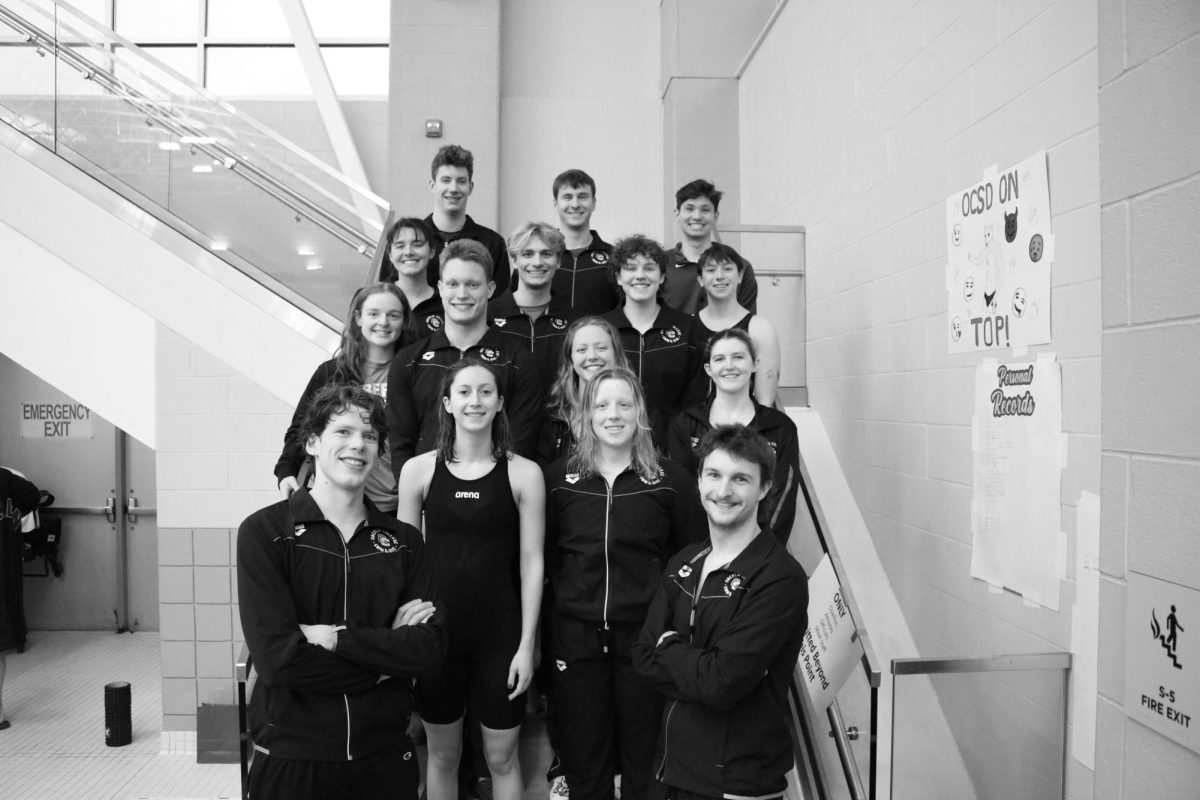Self-Insight Can Be Gained from Solitude
February 5, 2016
Washington, D.C., is a metropolis of history, politics and tourism that has become one of the most popular residences of Oberlin alumni. Yet despite the draw that D.C. exerts on Obies, I felt out of place when I spent my Winter Term there studying invasive plants. While I left my internship with a wealth of knowledge about kudzu and honeysuckle, I found that I learned just as much outside the office on the weekends, when I explored the city on my own. It was in D.C.’s busy streets and museums that I began to understand how meaningful solitude can be in crowded places and decided that everyone should have the opportunity to try it.
Since I would only be in the city for a month, I made a point to spend most of my days off sightseeing. I visited over a dozen museums and art galleries, ate in dark little restaurants and visited bookstores by myself, but I was never really alone. Everywhere I went, I was surrounded by people, but no one who I knew. After just one day in the city, I realized that this would be the hardest adjustment to make during my trip.
I think that I can handle loneliness better than the average person, but over the course of the month, I started to notice social tendencies that I couldn’t fulfill. When I saw a gorgeous sculpture or painting, I caught myself turning around as if to ask a friend what they thought about it. Of course, no one was there. Even for someone who gravitates toward solitude, this sort of phantom interaction was uncomfortable and introduced me to a type of experience I had never felt before.
When you’re on your own in a place filled with emotionally and intellectually challenging material, you’re forced to interpret what you see without any external influence. As I tried to understand mineralogy at the Smithsonian National Museum of Natural History or when I started crying at the end of the Holocaust Memorial Museum, I had no one to talk to or to distract me from what I saw. If I came across an idea or image I didn’t understand, there was no way to avoid it. This sort of confrontation with the unfamiliar is incredibly humbling, as it traces the limits of your knowledge and imagination to show you what you really know about the world.
Other effects are more pedestrian. Sitting in a movie theater full of couples and groups of friends was like being a ghost among the living: I felt less like a part of the crowd than like an observer of it. Surrounded by the bustling world, being alone was in equal parts liberating and melancholic. Being able to explore whatever I wanted for a month was wonderful, but feeling tasked to understand the world single-handedly was often exhausting.
Depending on the person, prolonged isolation can be heavenly or horrible. For someone with a mental illness, it might be dangerous. Yet to anyone for whom being alone isn’t a danger, I believe it provides an invaluable experience. I’m sure even the most outgoing extroverts could tolerate silence long enough to understand its merits as well as something about themselves. Those inclined to stay to themselves might also be shocked by isolation, as it will reveal the subtle desires to be social that weren’t as strong when surrounded by friends.
Surprisingly little of what I learned during my internship involved invasive plants, and for that, I am grateful. Being alone in D.C. was one of the greatest intellectual and emotional challenges I’ve faced, and as a result, I have a better understanding of how I need to interact with others to be happy. I’ve always favored solitude,and still believe that my greatest personal growth happens when I’m alone. However, if I’m forced to be alone longer than I’d like, I will start looking over my shoulder for someone to talk to. When that happens, I hope I will have brought a friend to hear me.





